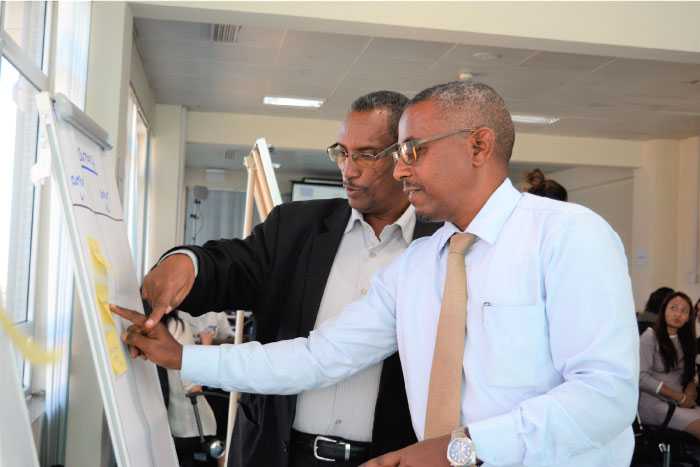The implementation of the Support for Effective Cooperation and Coordination of the Cross-border Initiative in the Cross-Border Areas of the Horn of Africa Region (SECCCI) project officially started with an inception meeting held in Nairobi, Kenya on 26 and 27 September 2018.
By Christine Bukania/IGAD
The project is funded under the European Union Emergency Trust Fund for Africa (EUTF), phase one of the Programme “Collaboration in Cross-Border Areas of the Horn of Africa Region” that was launched by the European Union and IGAD in Addis Ababa, Ethiopia on 21 January 2017. This programme is strongly anchored in the IGAD Drought Disaster Resilience and Sustainability Initiative (IDDRSI) and its objectives are to: create greater economic and employment opportunities; strengthen resilience of vulnerable communities; improve governance and conflict prevention, and reduce forced displacement and irregular migration. Within this joint IGAD-EU cross-border programme, the SECCCI Project will be implemented in the cross-border regions of Southwest Ethiopia-Northwest Kenya, Marsabit-Borana and Dawa, and Kenya-Somalia-Ethiopia.
The meeting aimed to create a common understanding of the programme goal, harmonize planning, share the experiences, and define an action plan to address emerging challenges in implementing cross-border activities.
Dr. S.J. Muchina Munyua, the Director of IGAD Centre for Pastoral Areas and Livestock Development (ICPALD) officiated the opening session. He stated that in addition to livestock, implementing partners should pursue the potential of other natural resources, such as non-wood forest products and artisanal mining, as a source of livelihoods for pastoral communities in cross-border areas. He urged the implementing partners to build strong working relationships that would enable them to deliver the results of the project, and to leverage on additional resources.
The implementing partners held discussions and agreed to harmonize work plans, strengthen knowledge management and learning, collaboration and coordination. Non-governmental partners sought the assurance of support from IGAD to build stronger linkage with, and improve cooperation with the national and local government structures across the borders.
The Coordinator of the SECCCI Project, Dr. Gezahegn Aboset emphasized the need of aligning activities with the Member States and local authorities for ease of addressing any emerging challenges.
The inception meeting was convened by IGAD in partnership with the UNDP Regional Service Center for Africa. Other participants were drawn from the three consortia implementing the programme components: The Regional Approaches for Sustainable Conflict Management and Integration (RASMI) and Selam Ekisil (SEEK) led by PACT with a focus given on peace building and conflict mitigation; Building Opportunities for Resilience in the Horn of Africa (BORESHA), led by Danish Refugee Council; and the Omo-Delta Project, led by Vétérinaires Sans Frontières Germany (VSF-G).

